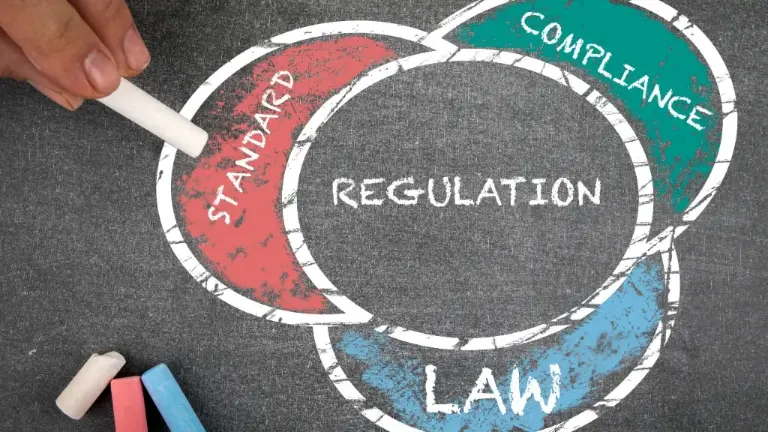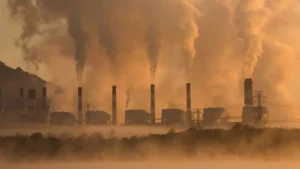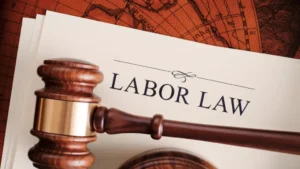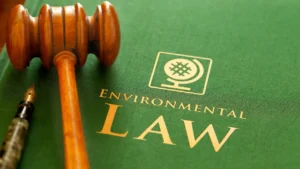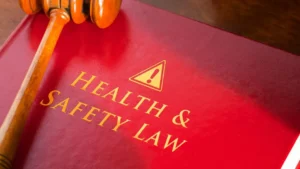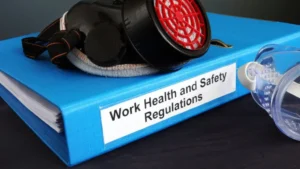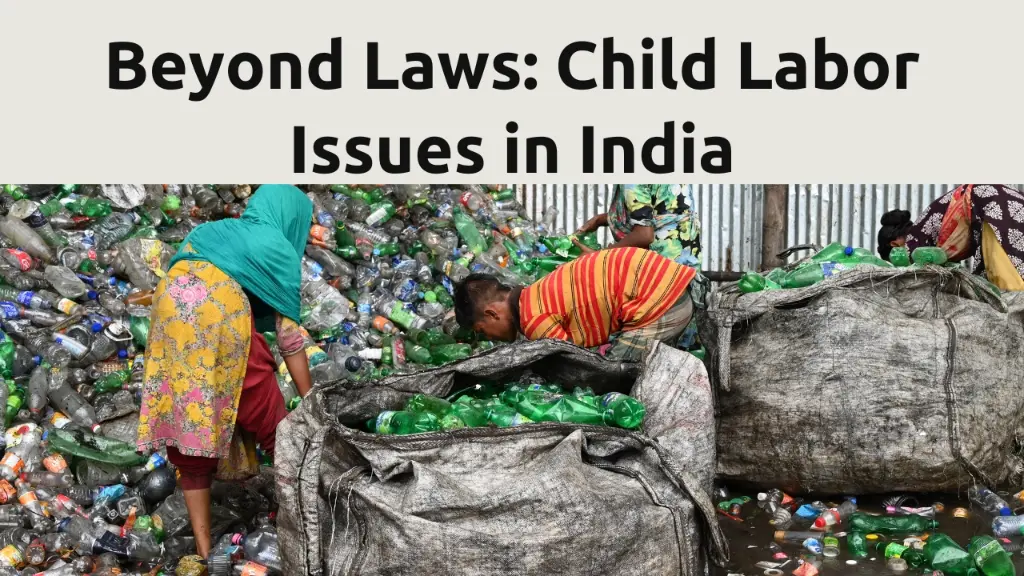Discover the ultimate guide to HSE Laws and Regulations. Simplified insights on compliance, international standards, and essential knowledge for HSE professionals.
Table of Contents
Toggle1. Stay Ahead with Essential HSE Laws and Regulations:
Welcome to HSEC Awareness! If you’re here, you probably know how vital Health, Safety and Environment (HSE) laws and regulations are. But don’t worry if you find them complex and overwhelming. As a qualified HSE professional with over 20 years of experience, I know how complex these topics can be.
That’s why we have created this page and we will break down these important topics into simple, easy-to-understand pieces. Whether you’re a seasoned HSE professional or just starting, you’ll find valuable insights that will make your job easier and more efficient. Let’s get started!
2. What You Can Expect from HSE Laws and Regulations Webpage:
This webpage is your go-to resource for all things related to HSE laws and regulations. Think of it as a central hub where you can find detailed blog posts covering every aspect of HSE legislation in India and internationally.
Here’s a sneak peek of what you’ll find:
2.1 Basics of HSE Laws and Regulations :
We will start with the fundamentals. HSE laws and regulations are designed to ensure employees’ safety, health and well-being in the workplace. These rules cover everything from equipment used to emergency procedures and environmental protection.
We aim to make these concepts simple and accessible so that you can implement them effectively in your workplace.
2.2 HSE Laws & Regulations in India:
India has a rich tapestry of HSE regulations, and we will guide you through the most important ones.
For example, the Factories Act, 1948 sets the groundwork for workplace safety, while the Building and Other Construction Workers (Regulation of Employment and Conditions of Service) Act, 1996 focuses on the safety of construction workers.
We’ll explain how these laws work and what you need to know to stay compliant.
2.3 International HSE Laws & Regulations:
HSE laws and regulations vary across different countries and regions. International organizations like the International Labour Organization (ILO) and the World Health Organization (WHO) play a crucial role in setting international standards for workplace safety and health.
These standards often influence national laws and regulations, ensuring a baseline of protection for workers worldwide.
2.4 Impact of International Conventions and Treaties on Indian Laws:
International conventions and treaties shape HSE laws worldwide. We’ll delve into how these agreements, such as the ILO Convention No. 155, impact Indian legislation.
This section will help you see the bigger picture and understand the global standards that influence local laws.
2.5 Comprehensive List of HSE Laws & Regulations:
Need a quick reference? We’ve got you covered with a list of essential HSE laws in India:
- Factories Act, 1948
- Mines Act, 1952
- Building and Other Construction Workers (Regulation of Employment and Conditions of Service) Act, 1996
- Dock Workers (Safety, Health, and Welfare) Act, 1986
- Explosives Act, 1884
- Petroleum Act, 1934
- Environment (Protection) Act, 1986
And that’s just the beginning! Each blog post will dive deeper into these laws, explaining their relevance and application in simple terms.
2.6 Fire & Life Safety Laws & Standards:
Fire safety is a critical component of HSE. We will cover the National Building Code (NBC) in India and international standards like the National Fire Protection Association (NFPA) guidelines to help you keep your workplace safe from fire hazards.
3. Essential Knowledge for HSE Professionals:
As an HSE professional, you need to have a working knowledge of the relevant laws and regulations applicable to your industry and workplace.
This includes understanding the specific requirements for hazard identification & risk assessment, accident reporting & investigation, emergency preparedness, and training as well as awareness programs.
You should also be aware of any industry-specific regulations that may apply, such as those related to construction, manufacturing, or any other sector.
4. The Power of Knowledge:
Understanding HSE laws and regulations is not just a legal obligation; it’s a powerful tool that can help you create a safer, healthier, and more sustainable workplace.
By staying informed and proactive, you can contribute to preventing accidents, protecting workers, and minimizing environmental impact.
Remember, knowledge is not only power; it’s also the key to a safer and healthier future for everyone.
5. Your Next Steps:
Now that you have a solid foundation in HSE laws and regulations, it’s time to take the next steps. Explore the resources available on this website, delve deeper into specific topics that interest you, and connect with other HSE professionals to share knowledge and experiences.
Remember, your journey in the world of HSE is just beginning, and there’s always more to learn and discover.
Stay connected with us through our social media channels and never miss an update. Follow us on :
6. Disclaimer:
The information provided on this website and in our blog posts is intended for general informational purposes only and should not be considered legal advice. While we strive to ensure the accuracy and relevance of the content, HSE laws and regulations are complex and subject to change.
We strongly recommend consulting with qualified legal professionals or relevant authorities for specific advice tailored to your unique circumstances. We are not liable for any actions taken based on the information presented here.
Visit the relevant pages or Home Page to read the published blogs on this website.
